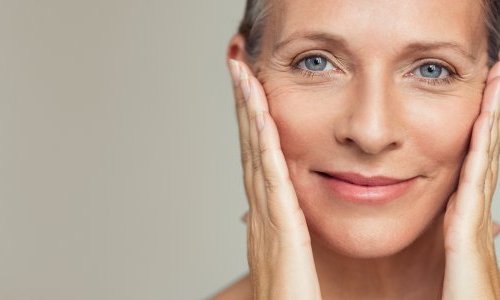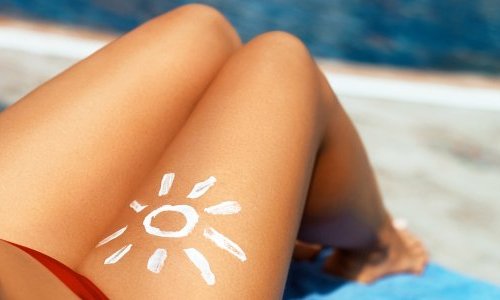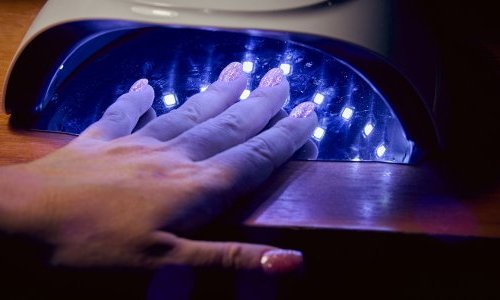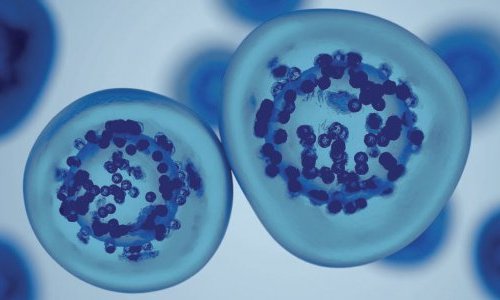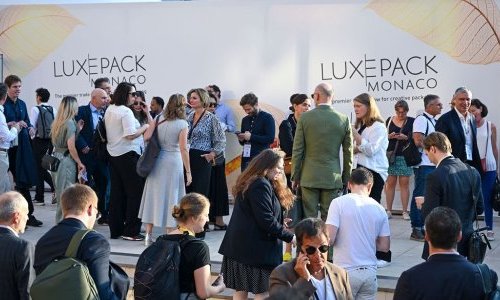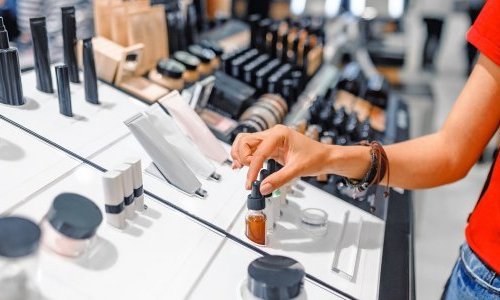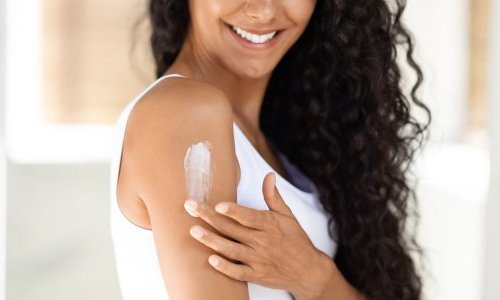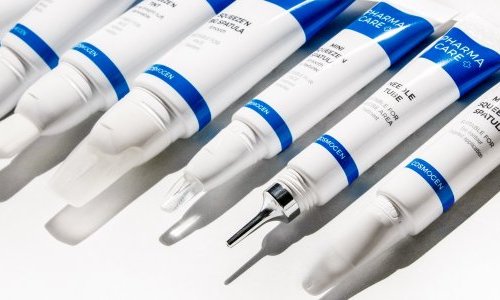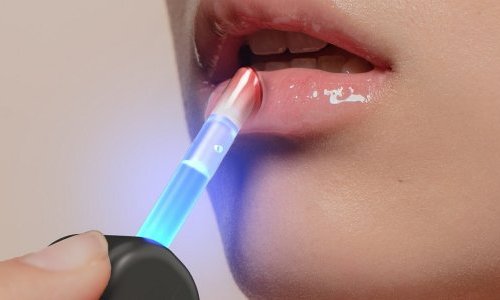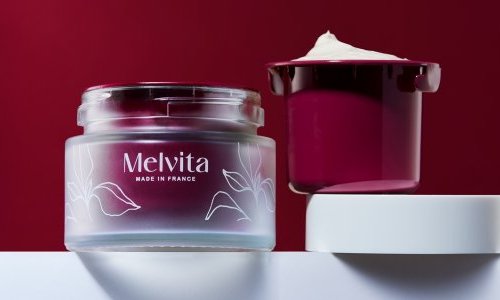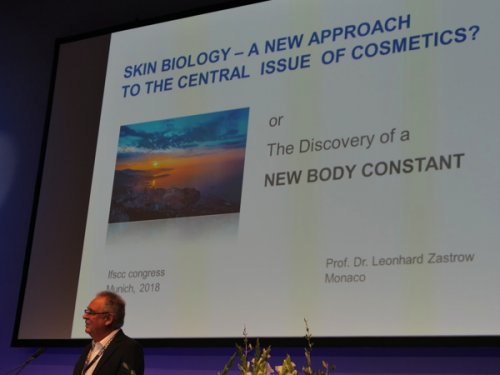
The 30th IFSCC (International Federation of Societies of Cosmetic Chemists) congress was held in Munich, Germany, on 18-21 September 2018
The congress opening conference was focused on the impact of climate change. According to Dr Dick Notz, of the Max Planck Institute, “Even if politicians deny it, the severity of climate evolution is real for scientists. Global warming is inevitable and the consequences on populations’ living conditions will lead to habit changes, and of course, changes in cosmetic use.”
The skin effects of the environment were much debated. Beyond pollution, the impact of the whole light radiation, from UV rays to infrareds, triggered many discussions mainly focused on IR and visible radiation, which increases the production of free radicals in Type IV-V Asian skins. “Infrareds accelerate skin ageing and interfere in the regulation of genes involved in the dermal matrix functioning,” explained Suyeon Lee, of Korean company SK Bioland. As for Reinhold Dauskardt, of Stanford University, he studied the skin’s biomechanical changes under the effect of UV and IR exposure.
Multiple innovations in terms of cosmetics analysis methods and claims substantiation were shared. Dr Émilie Munnier, of the University of Tours, France, combined Raman imaging with data analysis to set up semi-quantitative distribution maps of cosmetic actives in the skin with high spatial resolution. Ziwei Zhang, of the German University of Tübingen, used Raman Confocal Spectroscopy (RCS) to assess the impact of emulsifiers and of the formulation type on the stratum corneum lipid composition. Other non-invasive optical imaging methods were also introduced.
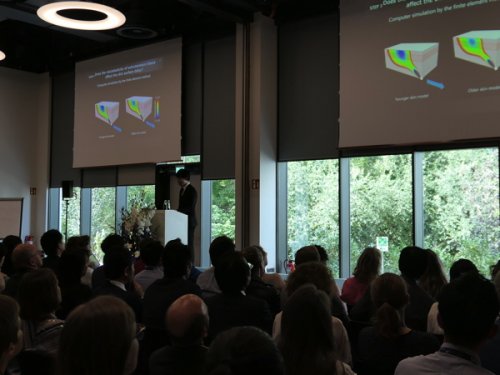
Multiple innovations in terms of cosmetics analysis methods and claims substantiation were shared.
The microbiota keeps generating considerable interest, with varied research work from skin model creation, taking into account the whole skin microbiota, to the study of the influence of antimicrobial peptides on skin quality. Patrick Robe, of Givaudan, presented an analysis of the microbiota taken from five different sites on 86 Caucasian women. 278 microbiotas were sequenced, in particular to highlight the sebum rate as a factor with a strong impact on microbial diversity.
Lifestyle influence and hair care and decorative cosmetics innovations were also on the agenda over the congress three days. Next time, it will be held in Yokohama, Japan, in 2020, but in the meantime, the IFSCC conferences will take place in Milan, Italy, from September 30 to October 2, 2019.

